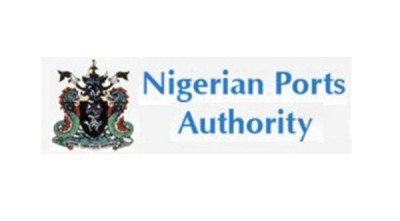•Though late, there is still hope if well implemented
Acting President Yemi Osinbajo signed Budget 2017 into law on June 12 . Presented to the National Assembly by President Muhammadu Buhari on December 14, 2016, it was designed to be the springboard for realising the Federal Government’s Economic Recovery and Growth Plan (ERGP). If Nigerians had expected swift action on the budget in the background of the economic recession, our National Assembly members would appear not bothered about any such sense of urgency. The result is a budget coming seven months late.
Even at that, controversies around the budget continue to swirl. To start with, the executive had proposed a budget of N7.3 trillion only to have it jacked up to N7.44 trillion by the National Assembly. For a budget with a huge deficit component, the latter would appear not to have bothered about where the additional cash would come from. However, while slashing the votes of the ministries, departments and agencies (MDAs), the same National Assembly will find nothing wrong in increasing its own votes from N115 billion to N125 billion.
There is also the issue of 400 ‘strange projects’ inserted by the lawmakers. The presidency insists that these projects – mostly roads, health centres, recreational centres, water and electricity schemes fall squarely under the purview of states and local governments. It contends – and perhaps rightly so – that the implementation of the projects would be problematic, particularly as they were neither designed nor evaluated by any agency of the Federal Government.
Finally, as in every budget cycle, the two arms of government are again at each other’s throats over the authority of the lawmakers to include items outside of those proposed by the executive.
That is how far Budget 2017 has come. The ‘troubles’ however are only just beginning. By far the most potentially problematic is funding. The tax base remains constricted, hence the failure of the tax revenue to live truly to its potentials. Oil prices, though relatively upbeat, remain volatile just as fears of production hiccups persist – no thanks to the fragile peace in the Niger Delta. These obviously make projected revenues at best, an educated guess.
Just as problematic is the country’s growing debts. This year for instance, the Ministry of Budget and National Planning projects that the country’s total debt stock would rise to N19.3tn by the end of the year – up by N6.72tn from the 2016 figure of N12.58tn. The International Monetary Fund (IMF) on its part projects that Nigeria’s debt to GDP ratio would surge by 100 per cent, from 12.1 per cent in 2015 to 24.1 per cent in 2018.
Meanwhile, the Federal Government insists that the nation’s debt is sustainable.
Be that as it may, critics however refer to the huge burden of debt service in the budget. A whopping N1.84tn is allocated for debt servicing – representing 24.73 per cent of the budget. By comparison, the entire capital vote is only some few notches up at 29.30 per cent. Clearly, while the Federal Government may claim that the country has little to worry about in the size of the debt, the fact that the sum voted for debt service exceeds the N1.34tn allocated to the ministries of agriculture, education, health, power, works and housing; transport, solid minerals, defence, police, trade and investment, and Niger Delta combined, makes the situation truly troubling.
Nonetheless, the 2017 budget is here. Nigerians are expectant that it would help lift the economy from the recession. While we harbour no illusions that the budget – or any single budget for that matter – can perform magic in the face of the huge infrastructure gap, there is little doubt that a scrupulous implementation can make a lot of difference. The challenge, therefore, is for those charged with implementation to find the necessary discipline to implement– particularly those elements that can truly improve the living standards of the citizens.
Comments by IntenseDebate
Posting anonymously.
At last, Budget 2017
News|
 Logging you in...
Logging you in...












